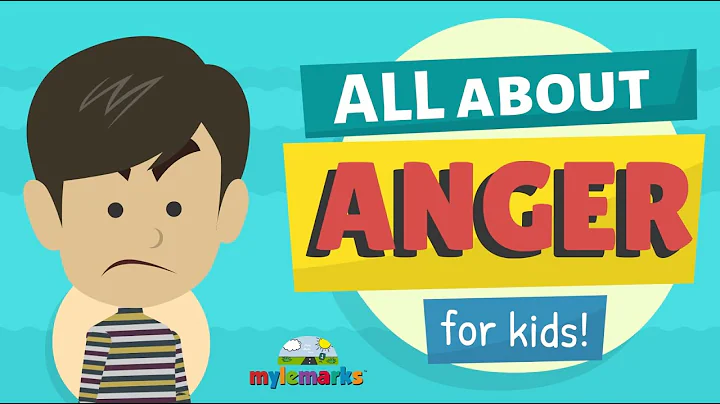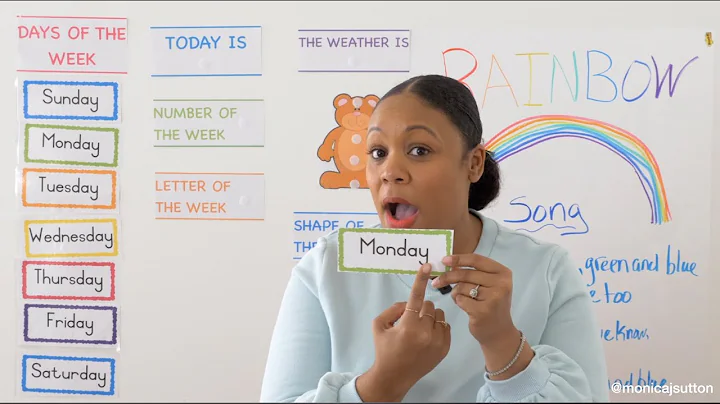3-6 years old, when their children enter kindergarten, many parents feel relieved and feel that they can just leave their children to the teachers and they don't have to worry about it anymore. But in fact, kindergarten is only a part of a child's life, and the family is the child's lifelong school.
3-6 years old is a critical period for children to develop habits and learn independently. Parents must get involved and cooperate closely with the kindergarten to help provide children with a good family environment and consciously exercise their various abilities.
summarized several things that must be adhered to in the three years of kindergarten. If you can persist and master them, your children will benefit from them throughout their lives!
1. Lifestyle habits
1. Go to bed early and get up early
Adequate sleep is the foundation for children’s physical and mental health. It can not only replenish energy, improve health, promote brain development, but also make children more focused and peaceful!

Parents had better help them develop a good habit of going to bed early and getting up early, otherwise it will be easy for them to have insufficient secretion of growth hormone , bad mood, inability to concentrate, and memory loss .
My boy’s sleep schedule
- 20:10 Take a bath and brush teeth
- 20:30 Read together with your child
- 21:00 Prepare before going to bed
- 21:10 Turn off the lights and chat
- 21:30 Sleep quietly
2. Self-care in life
Guide children to do their own things, such as Eat, dress, and carry school bags by yourself; guide your children to do things within their capabilities, such as wiping the table, watering the flowers, sweeping, mopping, etc. In this way, it is easy to help them develop good self-care skills so that they can take care of themselves.

3. Organizing and storing
Let children organize their own desks, toys, picture books, etc. If they can develop a good habit of organizing and storing, children will do things more orderly and organized in the future, which will be beneficial to their future studies and life. It helps a lot.
4. Healthy diet
Children should have a balanced diet and not be picky eaters, let alone overeating.
5, personal hygiene
Educate children to pay attention to personal hygiene, cut nails frequently, change clothes frequently; wash hands before meals and after using the toilet, and do not rub eyes with dirty hands.
2. Exercise habits
The "Exercise Guidelines for Preschoolers (3-6 Years Old)" proposes that preschool children "should have a cumulative total of more than 180 minutes of various types of physical activity throughout the day." At the same time, it is recommended that "at least 120 minutes of physical activity should be performed every day" minutes of outdoor activities" and reduce sedentary behavior.
Exercise can not only strengthen the body, but also promote brain development, improve concentration, learning and cognitive ability.

Exercise suitable for children aged 3-6:
3-6 Children aged 10 to 10 are in a sensitive period of development of balance and flexibility, and can be trained on balance, coordination, and flexibility, such as jumping, running, shooting, jumping rope, swimming, etc.
PS: 3-6. For children who are 6 years old, there can be no limit to the time or intensity of daily exercise. They should focus on playing and have as many activities as possible throughout the day.
3. Learning habits
Educationist Mr. Ye Shengtao said: "Education is about developing good habits. "Habit".
We will always find one thing in common among some outstanding children, that is, they have flexible thinking and strong learning ability. Once they learn new knowledge, they can quickly understand and master it.
In the final analysis, they still have good Study habits.
In the three years of kindergarten, parents must help their children develop good study habits.

Ways to develop my boy’s study habits:
1. Parent-child reading: Before going to bed every day, we both read a book for 30 minutes
2. Retelling/sharing: When chatting before going to bed, my son will share a short story with me (from the book) )
3. Get up early and read aloud: Every morning, read for 10 minutes (read an article/ancient poem aloud)
4. Weekly plan: Every weekend, make your own daily plan for the second week (he said I would write it, and then use stickers Tracking completion status)
4. Habits of doing things by yourself
From the first day their children enter kindergarten, parents need to pay attention to the "three no's": do not carry their children's schoolbags, do not feed their children, and do not carry their children for walking.
uses practical actions to tell children: "You are old and you have to learn to do some things by yourself." Then guide children to do their own things
In addition, the following abilities are also very important:

1, rule awareness and self-control ability
- Consciously abide by etiquette and rules in public places
- When playing games, be able to understand the rules and abide by them Rules, learn to control yourself
- do not move around in class, do not disturb the teacher at will, know how to raise your hands before speaking
2, social skills
- be able to express yourself, communicate well
- be able to interact with friends, and participate in class group activities
- be able to handle Good at disputes with friends, know how to understand others
- Remember the names of teachers and classmates, respond politely, say hello
3, safety awareness
- Remember home address, parents’ phone numbers
- Don’t eat strangers’ food, don’t go with strangers
- No Bully others, take the initiative to seek help from teachers and parents when encountering difficulties
- Do not play with electricity, do not play with fire, stay away from dangers, including power sources and water reservoirs

How do parents cultivate good habits in their children?
1, home-school integration
Educator Suhomlinsky said: Only school education without family education, or only family education without school education, cannot complete the arduous task of "cultivating people".
Parents should cooperate with teachers to create a good learning environment for their children, and urge them to master skills and develop good habits.
2, Leading by example
Parents are their children's first teachers. Parents play a decisive factor in what qualities a child can achieve and whether he or she will be successful in the future.
If you want your children to study, parents should not play with mobile phones; if you want your children to exercise, parents should not be lazy; if you want your children to have good abilities, parents should set an example and set a good example for them.
3. Timely feedback
When the child performs well, give positive feedback in time, such as honey, you studied very seriously today and your voice is very loud; when the child performs poorly, point it out in time instead of turning a blind eye.

Before going to bed at night, review what happened during the day with your child. This can deepen the impression and help the child make progress in a positive direction.
4. Resolute attitude
Faced with some things that cannot be done, parents must be resolute and never compromise just because their children are crying.
As long as I compromise once, the child will form the understanding: as long as I cry, my parents will compromise and meet my requirements, and then they will cry to get their parents to compromise on what they want to do next time.
Finally: The three years of kindergarten are a critical period for children to establish a sense of order, rules, and various good habits. Once successfully established, the children will benefit from it throughout their lives!





















